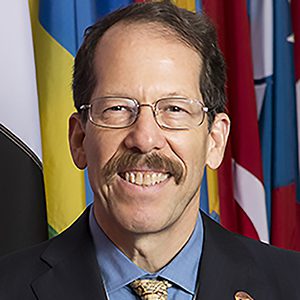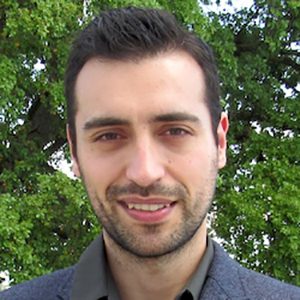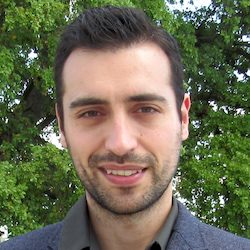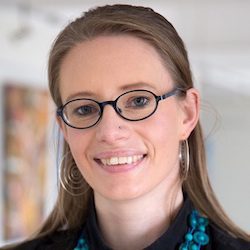The Arctic is a place and object of diplomacy. It is particularly interesting to use it as a lens through which to explore various diplomatic approaches and practices. The experts in this debate all focus on the Arctic but cover different topics and therefore give us different angles on the topic.
Making sense of the Arctic:
- The Arctic is of geopolitical interest to the countries of the region. Some of the key issues include questions of sovereignty, defence, resource development, shipping routes, and environmental protection.
- States outside the region are also interested in the Arctic and offer examples of very different approaches (power politics vs. soft power).
- The Arctic Council is an intergovernmental forum focusing on sustainable development and environmental protection.
- The Arctic Science Agreement aims to support scientific efforts in the region and is ‘reflecting a common interest to promote scientific co-operation even when diplomatic channels among nations are unstable’ (Berkman et al., 2017).
In other words, choosing the Arctic as a point of focus allows us to discuss traditional power politics, soft power, multilateral diplomacy, and science diplomacy. This allows for creating a fuller picture of various diplomatic efforts in relation to each other.
The debate should be of interest to practitioners and students of diplomacy alike, since it allows for exploring various aspects of diplomacy while focusing on a single object.
Our Speakers

Prof. Paul Arthur Berkman (Professor of Practice in Science Diplomacy, Fletcher School, Tufts University)
Berkman is helping to build science diplomacy as an international, interdisciplinary, and inclusive (holistic) process, involving informed decision-making to balance national interests and common interests for the benefit of all on Earth across generations. Among his many contributions, he co-directed the first formal NATO-Russia dialogue regarding Environmental Security in the Arctic Ocean. Prof. Berkman joined the Fletcher School of Law and Diplomacy in 2015 and is now director of the Science Diplomacy Center at Tufts University.
![[WebDebate] Arctic diplomacy: Approaches and lessons 1 [WebDebate] Arctic diplomacy: Approaches and lessons](/wp-content/uploads/2019/01/Burke-Headshot-Photo-1.jpg)
Dr Danita Catherine Burke (Marie Skłodowska-Curie Individual Fellow at the Center for War Studies at University of Southern Denmark)
Burke is an international politics scholar. Her work focuses on the Arctic region and explores themes of diplomacy, non-governmental organisations, and identity. She is a Marie Skłodowska-Curie Individual Fellow based at the Center for War Studies, University of Southern Denmark. She is the founder of the ‘Women in the Arctic’ (WiA) initiative – @arctic_in – which fosters networking and information exchange about the work and experiences of women in and from the North and the Polar regions.

Dr André Saramago (Invited Assistant Professor of International Relations at Coimbra University and University Beira Interior, Researcher with the Orient Institute)
Based in Setúbal, Portugal, where he is originally from, Saramago is an assistant professor of International Relations at the University Beira Interior, in Covilhã, Portugal, where teaches international relations theory, international history and world politics. He is also an academic researcher in the fields of international relations theory, international historical sociology, and East Asia. Dr Saramago has been working with DiploFoundation since 2017, first as a research consultant and tutor, and then as a course coordinator. He holds an MA in International Relations (University of Lisbon, Portugal) and a PhD in International Politics (University of Aberystwyth, UK).
Join us online on 5 February at 12:00 UTC / 13:00 CET.
About our WebDebates
The WebDebates on the future of diplomacy are live streamed on the first Tuesday of every month. They are organised by Diplo within the framework of the International Forum on Diplomatic Training (IFDT). Learn more about our series of WebDebates.
If you form part of a dynamic circle of practitioners in your community, we encourage you to establish a diplomatic hub to follow the WebDebates and to facilitate discussions. For more information, contact Diplo’s Ms Mina Mudric.




